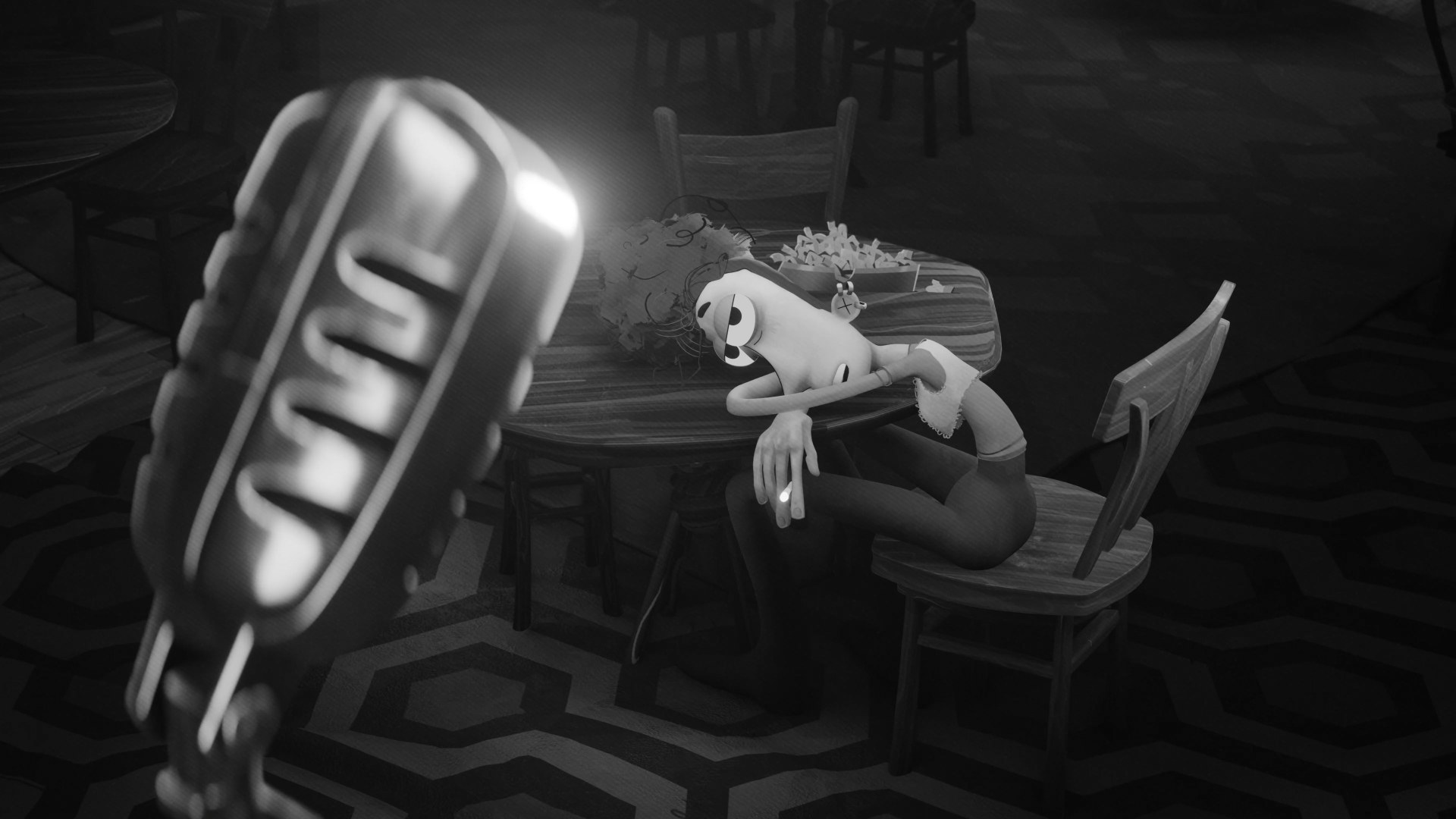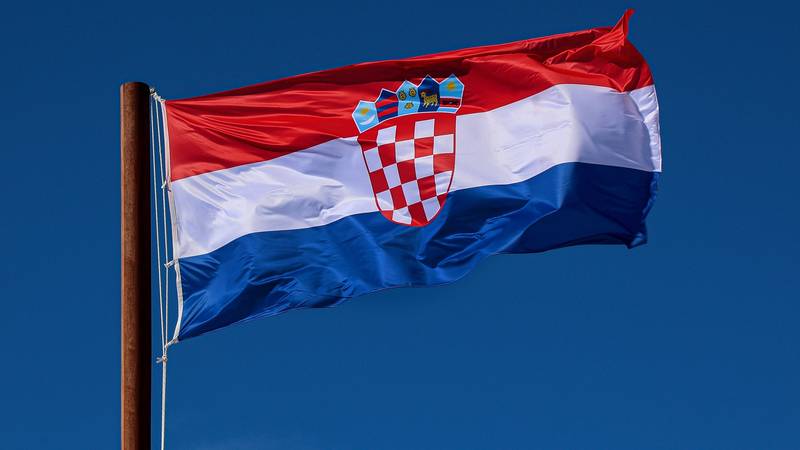Adopting is one of the greatest forms of love. Maybe it’s time to make things easier

Why should couples be married to get suitability and live for over 3 years? Does the difference not exceeding 45 years between parents and children still make sense? The company changes, the families also: new rules are needed
There is an unconfessed fear, in adoptive families, and it is the possibility, fortunately remote, that she suddenly had to find yourself in front of their child’s natural parents. Maybe after many, too many years. When that child or that child – to whom their arms have widened and opened their hearts – now brings their surname. And it is, in all respects of the law, their son. He grew up, he studied. It is another or another. Nobody is prepared for such a meeting. Perhaps it is good, for the psychological, sentimental and educational stability of a person who has experienced abandonment on his own skin, save the further shock of a possible dispute. It is important that he does not feel orphaned between two families, divided between two worlds. A dramatic condition, with unimaginable developments. If an adopted son knows nothing about his own origin, at least in the early years of his life, he is definitely better. And it is greeting to safeguard it with some appropriate lie. Without the brutal discrimination between « children of belly » and « children of heart ». The adjective « adoptive » then, in addition to being useless, has the agro flavor of the detachment, the distinction, of the distance when the relationships are difficult. Better not to use it. The adoption is a meditated, desired act, sought with difficulty. There is no more conscious parenting than the adoptive one. The children are all the same and it is right that they all feel the same. But the moment comes when the love that is felt towards a loved, desired, protected son, who arrived in the impersenable causality of life, cannot be separated from an exercise of truth. Complex, but necessary. Of course it is better that that meeting between natural and adoptive parents, very rare in truth, is never there. There are many tests that must be faced and overcome in the adoption that this, honestly, is preferable to avoid it. But it cannot be excluded. Just talk about it because it is a question that remains unexpressed. And accompanies a doubt. Did I do well to adopt it? Would his life be better? Or, however, would have been his most? The doubt, which occasionally emerges, melts in the awareness of the depth of a very strong bond, built among a thousand difficulties, but that if it is authentic, and in most cases it is, it constitutes a wonderful gift. For everyone.
Our law provides that, after 25 years of age, the adopted son has every right to know the part of life on which, for his good, a sort of loving censorship has been exercised. A test of maturity that is right to face alone. This is one of the great qualities required of adoptive parents: knowing how to take a step back for the love of their child, who is not theirs, as it is not even for natural parents. The adoption is among the greatest forms of love that can be imagined. It is never, and it should never be, an act of selfishness, the filling of an emotional void for a natural child never had. It is a conscious process of rebirth. He reborn his son or daughter who is welcomed or welcomed in the family. The new parents are reborn. Of course, there are the stories that go badly. But these should not discourage those who want to adopt. Happens. And when it happens there is no need to blame yourself. Are they difficult, to say the relationship between parents and natural children and should not be equally those within adoptive families?
The law obviously protects the minor but could be more inclined not to discourage, with too long and exhausting times of suitability exams, the couples they want to adopt. The investigation of 7, carried out by Virginia Nesi, has highlighted many critical issues and tried to answer the question relating to the drop in questions, especially for the national adoption that many believe, wrongly, almost impossible. Why, to be able to get the suitability, should couples have been married and coexist for at least three years? Couldn’t we also open to unmarried ones, sometimes more stable than married ones? We then ask ourselves if, with an average age, which has irreparably raised, that difference not exceeding 45 years between adopting and adopted still has its own ratio. They make children later, they can be adopted even later.
The company changes, the families change, but why should the many children who could be adopted or caught, should pay the bill? Why should they be left more alone?
Subscribe to the newsletter of Lo Economia
The ideas of Ferruccio de Bortoli and Daniele Manca
The facts and people read through the lens of the economy.
And don’t forget the newsletters
The Economy Opinions
And
The economy at 6pm








